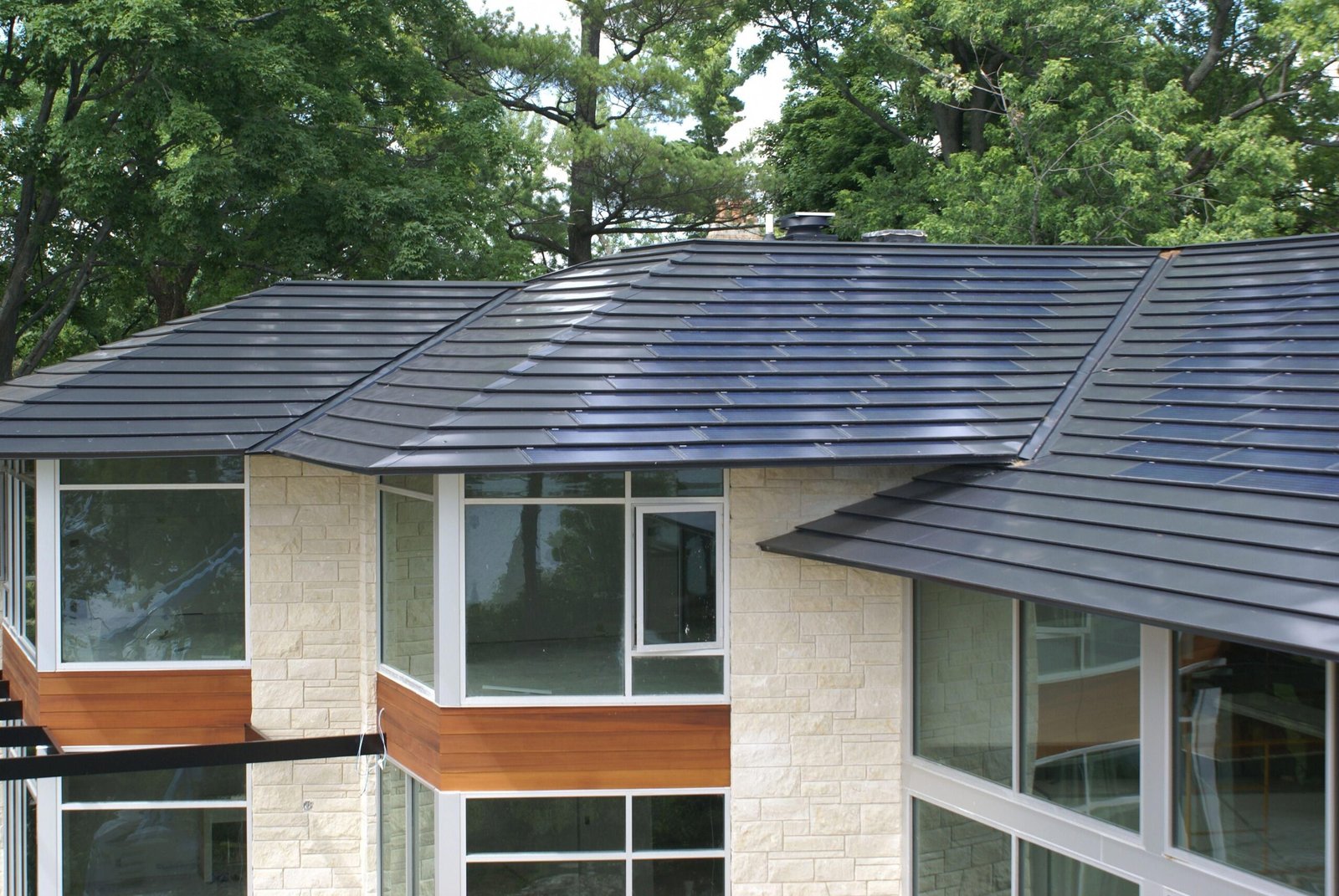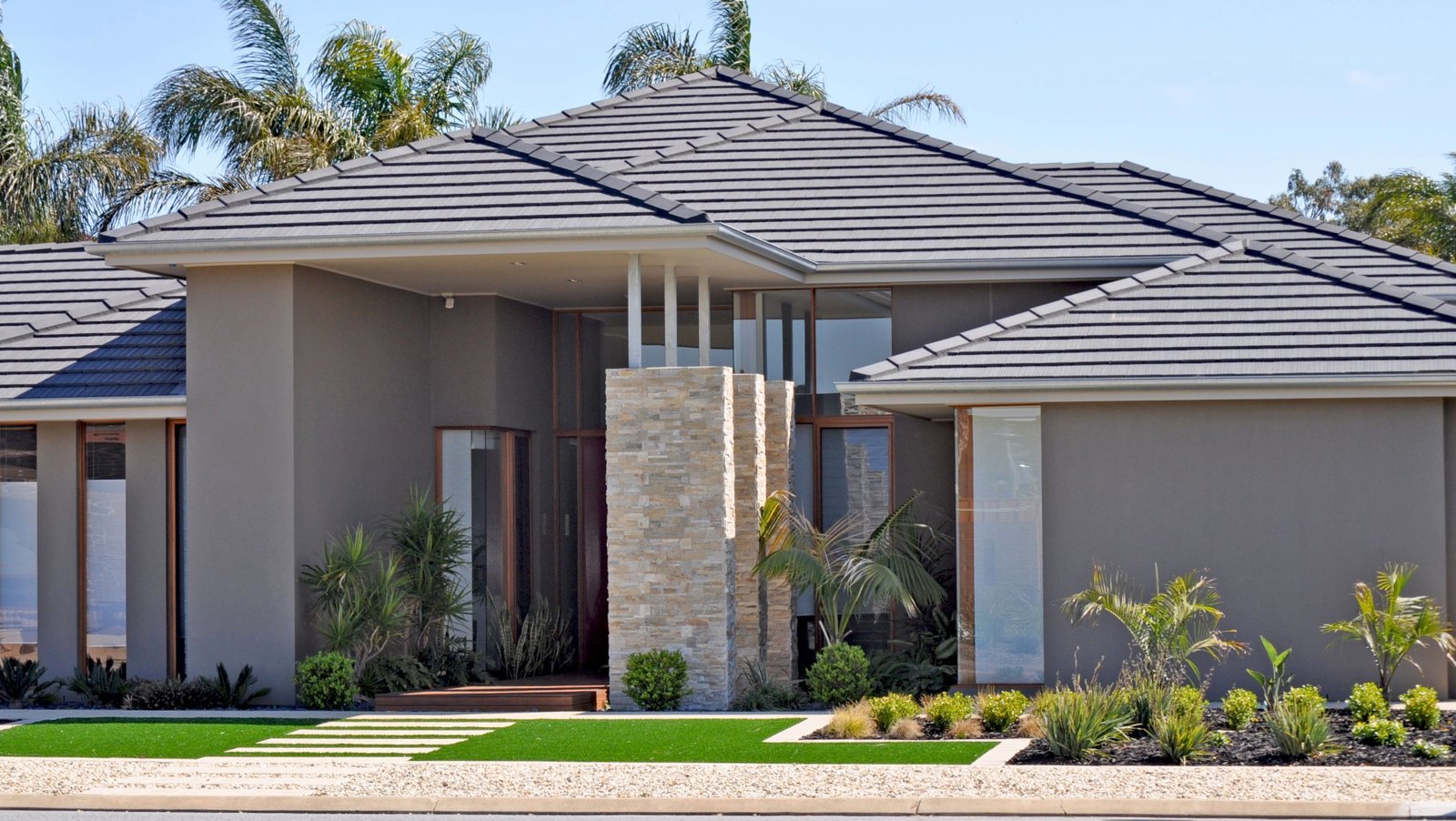Planning a roofing project can be an overwhelming task, especially when it comes to managing costs. Without proper budgeting, your roofing project might exceed your financial limits. However, with the right approach, you can keep expenses under control while ensuring that your roofing work is completed to a high standard. In this post, we will cover five essential tips to help you budget your roofing project effectively. These tips will provide practical insights, allowing you to stay within budget and make informed decisions throughout the process.
Understand the Scope of Your Roofing Project

Before you can effectively budget for your roofing project, it’s essential to understand the full scope of the work involved.
Assess the Roof Condition
The first step in setting a budget is to assess the current condition of your roof. This evaluation helps determine whether you need a complete roof replacement or just repairs. A professional inspection will give you a clear understanding of the areas that need attention, helping you avoid unnecessary expenses.
Set Priorities for the Project
Once you understand the condition of your roof, prioritize the tasks that need immediate attention. For example, fixing leaks might be more critical than cosmetic improvements. Setting priorities ensures that you allocate your budget to the most pressing issues, avoiding overspending on less urgent needs.
Research Roofing Materials and Labor Costs
One of the most significant expenses in any roofing project is the cost of materials and labor. Conducting thorough research on these costs is crucial in ensuring that your budget remains realistic.
Compare Material Options
Roofing materials vary in price, quality, and lifespan. Asphalt shingles, metal roofing, clay tiles, and slate are all popular choices, each with its advantages and price points. Consider factors such as durability and maintenance needs to choose materials that fit your budget while meeting your long-term requirements.
Obtain Multiple Labor Quotes
Labor costs can vary significantly depending on the contractor you hire. It’s essential to obtain quotes from several roofing companies to compare prices and services. While it’s tempting to go for the lowest bid, ensure that the contractor has a solid reputation and provides a detailed breakdown of costs. Roofing Talks suggests that homeowners always ask for references and reviews when selecting a contractor to ensure quality work.
Plan for Unexpected Expenses

Even with a well-planned budget, unexpected costs can arise during a roofing project. Preparing for these potential surprises can prevent financial strain and ensure your project remains on track.
Allocate a Contingency Fund
A good rule of thumb is to set aside 10-15% of your total project budget as a contingency fund. This cushion allows you to cover unforeseen issues such as hidden water damage, additional repairs, or price fluctuations in materials. Having a contingency plan in place ensures that you’re not caught off guard by additional expenses.
Avoid Rushing the Project
While it may be tempting to rush the project to save time, doing so could result in costly mistakes. Take your time to ensure that every aspect of the project is properly planned and executed. Rushed work often leads to oversights, which could require additional repairs in the future, pushing your budget over the limit.
Prioritize Energy Efficiency and Long-Term Savings
Investing in energy-efficient roofing materials might seem like an added expense upfront, but it can lead to significant savings over time. Roofing Talks recommends considering energy-efficient options that help reduce heating and cooling costs.
Choose Energy-Efficient Materials
There are various roofing materials that offer excellent insulation and reflect heat, reducing the need for air conditioning during hot months. Metal roofing, for example, can reflect solar heat, lowering energy costs. While these materials may be more expensive initially, they can save you money in the long run by reducing your utility bills.
Consider Government Incentives
In some regions, energy-efficient roofing materials qualify for government rebates or tax incentives. Check with local authorities to see if your project is eligible for any financial benefits. These incentives can help offset the initial cost, making your roofing project more affordable.
Plan for Maintenance and Future Repairs

When budgeting for a roofing project, it’s essential to consider not only the upfront costs but also future expenses. Proper maintenance is key to extending the lifespan of your roof and avoiding costly repairs down the road.
Schedule Regular Inspections
Routine roof inspections allow you to identify minor issues before they become major problems. Many roofing companies offer maintenance packages that include inspections and minor repairs. By budgeting for regular maintenance, you can avoid the expense of more extensive damage caused by neglect.
Invest in Quality Workmanship
One area where you should never cut corners is the quality of workmanship. A poorly installed roof will likely need repairs much sooner than one installed by a skilled professional. Roofing Talks emphasizes the importance of hiring experienced contractors who provide warranties on their work, ensuring long-term reliability and reducing future repair costs.
Final Words Achieving Financial Balance in Your Roofing Project
When planning a roofing project, managing costs effectively is crucial. For more insights into budgeting the full scope of expenses, you can review Thorough Breakdown of Roofing Costs and Budget Management. Budgeting for a roofing project requires careful planning and informed decision-making. By understanding the scope of your project, researching materials and labor costs, preparing for unexpected expenses, prioritizing energy efficiency, and planning for future maintenance, you can manage your roofing budget effectively. Following these tips will help you strike a balance between cost and quality, ensuring that your roofing project is completed within your financial means. Remember, an investment in your roof is an investment in the long-term protection and value of your home.




